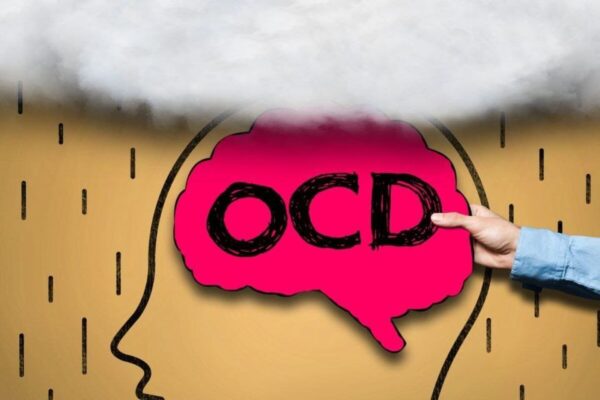Living with OCD: Understanding and Coping with Obsessive-Compulsive Disorder
Obsessive-Compulsive Disorder (OCD) is a mental health condition characterized by recurring, intrusive thoughts (obsessions) and repetitive behaviors or mental acts (compulsions) that an individual feels compelled to perform in order to alleviate anxiety or discomfort. According to the National Institute of Mental Health (NIMH), approximately 1% of the UK population, or around 600,000 people, live with OCD.
What are the symptoms of OCD?
Individuals with OCD may experience a range of symptoms, including:
– Recurring, intrusive thoughts that are perceived as threatening or disturbing
– Compulsive behaviors or mental acts that are performed in response to these thoughts, such as excessive cleaning, checking, or counting
– Frequent mental rituals, such as repeating certain words or phrases in one’s head
– Significant distress or impairment in daily life as a result of the symptoms
How does OCD affect daily life?
Living with OCD can be a significant challenge. Individuals with OCD may experience:
– Social isolation and avoidance due to fear of contamination or embarrassment
– Difficulty completing daily tasks or responsibilities due to intrusive thoughts or compulsions
– Difficulty maintaining relationships due to feelings of shame or embarrassment
– Increased anxiety and stress levels due to the constant presence of intrusive thoughts and compulsions
How can OCD be treated?
OCD is typically treated through a combination of cognitive-behavioral therapy (CBT) and medication. CBT, specifically exposure and response prevention (ERP) therapy, has been shown to be effective in reducing symptoms of OCD. ERP therapy involves exposing individuals with OCD to situations that trigger their obsessions and compulsions, while preventing them from engaging in their usual compulsive behaviors.
Antidepressant medications, such as selective serotonin reuptake inhibitors (SSRIs), are also commonly used to treat OCD. SSRIs can help reduce the frequency and intensity of intrusive thoughts and compulsions.
Lifestyle changes that can help manage OCD
In addition to seeking professional treatment, there are several lifestyles changes that individuals with OCD can make to help manage their symptoms:
– Keeping a journal or diary to track symptoms and identify patterns
– Engaging in regular exercise and physical activity
– Practicing relaxation techniques, such as deep breathing or meditation
– Avoiding triggers or situations that exacerbate symptoms
– Seeking support from loved ones or support groups
Conclusion
Living with OCD can be a challenging and isolating experience. However, with the right treatment and support, individuals with OCD can learn to manage their symptoms and improve their overall quality of life. It is important for individuals with OCD to seek professional help from a mental health professional, such as a psychologist or psychiatrist, who has experience treating OCD.
References:
Obsessive-Compulsive Disorder – National Institute of Mental Health (NIMH) (nih.gov)
Psychiatry.org – What Is Obsessive-Compulsive Disorder?
Websites:
Britmed Healthcare: https://britmedhealthcare.co.uk/
Nightingale Hospital: https://www.nightingalehospital.co.uk/
Top Doctors: https://www.topdoctors.co.uk/doctor/ahmed-el-missiry
You can also book, Contact us on WhatsApp 08009708017




